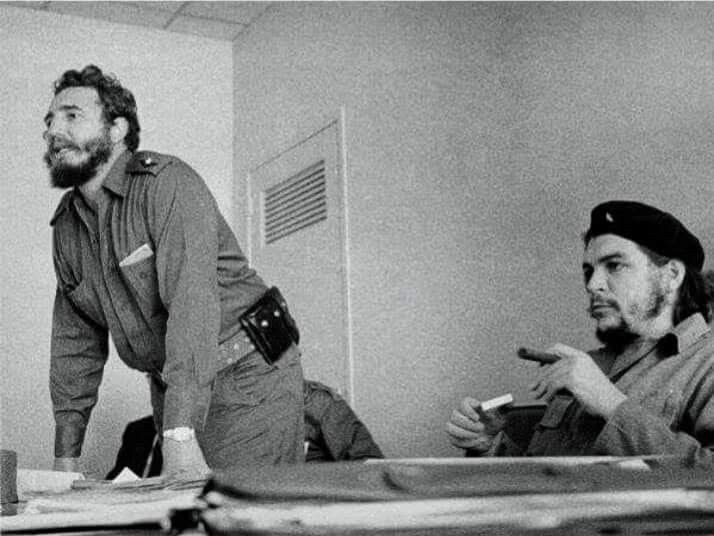
In 1976, the Brazilian TV series A Slave Named Isaura, starring Lucélia Santos in the lead role, became a global television phenomenon. Based on a novel by Bernardo Guimarães, the series was broadcast in over 120 countries.
Lucélia Santos traveled to China in 1985 to receive the “Golden Eagle” award, China’s most prestigious television prize, voted by the public. She was the first foreign actress to win this honor, receiving over 300 million votes from Chinese viewers.
However, the impact of the series in Cuba was especially remarkable. Fidel Castro, the then-president, was such a devoted viewer that he ordered the suspension of electricity rationing during the show’s broadcast so that no one would miss an episode. This demonstrated the immense cultural significance A Slave Named Isaura held at the time.
The story revolves around Isaura, a white girl born to a slave mother and a foreman father, who faces numerous injustices during Brazil’s era of slavery. Although the plot centers on slavery, the main character is white—a fact that sparked considerable debate from the start.
The series presents a romanticized, Eurocentric view of slavery, downplaying the real resistance and struggles of enslaved people. For example, the finale depicts freed slaves celebrating joyfully alongside their white owners—an image many critics argue is far from historical reality.
The series’ director, Herval Rossano, cast Lucélia Santos, then a young and inexperienced actress, as Isaura after the first choice declined. This role transformed Santos’s career and made her an international star.
Despite censorship limitations and criticism, A Slave Named Isaura became a worldwide sensation, deeply affecting audiences not only in Brazil but around the globe.



